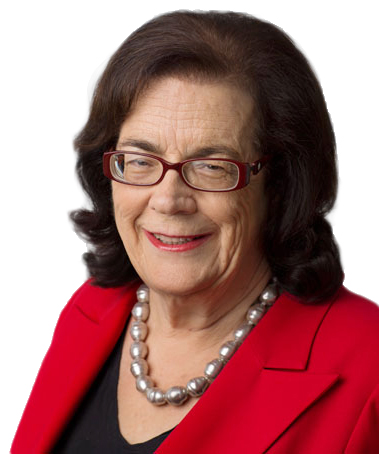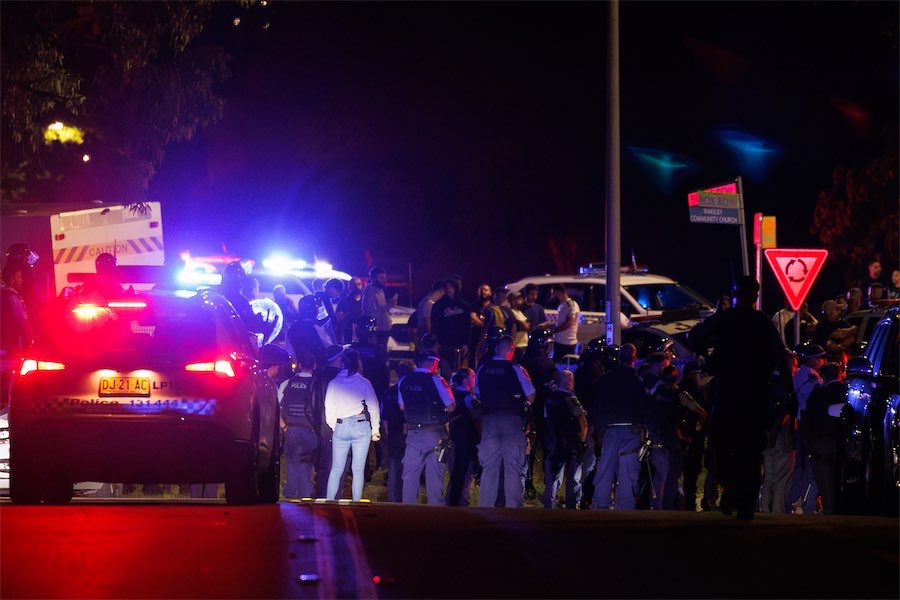Many of Andrews’ strongest critics are those who believe the economy and people’s livelihoods have not received sufficient consideration generally in the pandemic, writes political columnist MICHELLE GRATTAN.
DANIEL Andrews’ Sunday announcement of some modest steps out of lockdown will bring both relief and reassurance to many Victorians, but frustration to those who think he should move faster.
Certainly the Morrison government wants the state to take bigger strides.

As the federal government finalises next week’s budget, with a deficit for this financial year of a magnitude none of us have seen before and large red numbers into the future, Morrison, Treasurer Josh Frydenberg and Health Minister Greg Hunt applied the blow torch to the premier.
“It will be important that more be done in the weeks ahead to safely ease more restrictions,” they said in a joint statement.
“We note that at similar case levels NSW was fundamentally open while remaining Covidsafe due to a world class contact tracing facility.
“As many epidemiologists have encouraged, we would support Victoria in reviewing the trigger of five and zero cases with regards to the third and last steps.
“As it stands this lockdown is already longer than that faced by residents in many cities around the world. We remain deeply concerned about the mental health impacts of a prolonged lock down on Melbourne residents,” they said.
Andrews has responded to a more rapid than expected fall in new cases, and says he will now be driven by numbers rather than dates.
But there is every indication he will continue to be risk averse, after the disaster of the second wave, and on the evidence of last week’s Newspoll, he has public support for that approach. Some 62 per cent of Victorians thought he was handling COVID-19 well.
Andrews has become a highly polarising figure in the pandemic and that’s only likely to increase after his and other evidence to the inquiry into hotel quarantine, followed by Saturday’s resignation of Health Minister Jenny Mikakos.
In contrast to his demeanour at his news conferences, when appearing before the inquiry on Friday, Andrews seemed to be barely containing his anger.
He, like a conga line of witnesses, couldn’t say who had decided to use private security guards to supervise the quarantine.
But he made it clear he held Mikakos responsible for the program.
She, however, thought responsibility spread more widely and indicated her resignation was triggered by Andrews throwing her under the bus.
It continues to be unfathomable to most observers that no one – whether minister, bureaucrat or anyone else – can answer the fundamental but on the face of it simple question: who made the decision about the private security guards?
But Kristen Rundle, from Melbourne University’s Law School, is not so surprised, given the often opaque accountability situations created by contracting out, increasingly a default practice of governments around the country.
She writes in a policy brief titled Reassessing Contracting-Out published last week, that “we need to look beyond standard mechanisms of political accountability in order to address the structural problems posed by contracting-out high-stakes government functions.
“Specifically, we need to analyse more deeply the appropriateness of contracting-out in cases that carry serious consequences for public safety and security, and develop frameworks to achieve better decision-making on when, and whether, to contract out complex government functions.
“The failures in this case underscore that choices about who delivers such government functions, and how, matter to those directly affected by them.”
Clearly the Victorian disaster had three root causes: the bad quarantine arrangements, the failure of Victorian contact tracing and the vulnerability of aged care.
The first two can be completely sheeted home to the Victorian government; aged care is a federal government responsibility, although the state government is responsible for the public health aspects.
Andrews’ supporters aren’t too preoccupied with the state government’s mistakes. They believe he has put health first (despite the death toll, which has been overwhelmingly in aged care). They have been impressed by his willingness to front up day after day to those extended news conferences. They see that as a sign of accountability.
The premier’s critics look at the news conferences in a totally different way. Andrews’ physical presence is not a mark of accountability, they argue, because he pushes aside vital questions (often repeated again and again), saying they must wait for the inquiry’s findings.
Many of Andrews’ strongest critics are those who believe the economy and people’s livelihoods have not received sufficient consideration generally in the pandemic. They are outraged at the economic costs of Victoria’s second wave, and at the slowness of the reopening.
The divisions have an ideological element between the priorities of the left and the right during the crisis.
Mikakos’ quitting has renewed the calls from those who say it is the premier who should go.
There doesn’t seem a lot of common sense in this. Andrews has said he accepts ultimate responsibility for what’s happened. So he should – what’s occurred in Victoria has been appalling.
But would his going actually do any good? Would a replacement perform any better? Would a change of leader amount to anything more than a notch on the critics’ belts?
While Andrews remains the best person for the current job, the pandemic has revealed serious inadequacies in his government, and thus in his leadership, and in parts of the state’s administration.
Michelle Grattan is a professorial fellow at the University of Canberra. This article was originally published on The Conversation.
Who can be trusted?
In a world of spin and confusion, there’s never been a more important time to support independent journalism in Canberra.
If you trust our work online and want to enforce the power of independent voices, I invite you to make a small contribution.
Every dollar of support is invested back into our journalism to help keep citynews.com.au strong and free.
Thank you,
Ian Meikle, editor




Leave a Reply